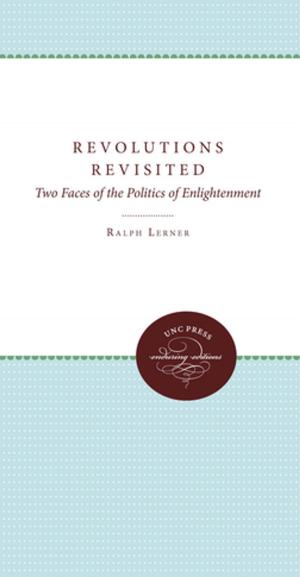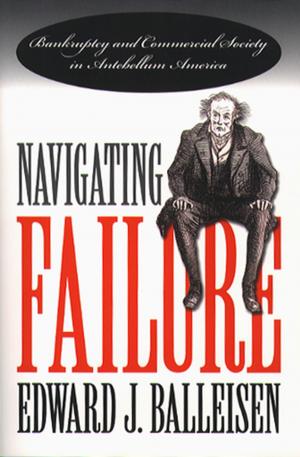A Philosophical Commentary on the Politics of Aristotle
Fiction & Literature, Literary Theory & Criticism, Ancient & Classical, Nonfiction, Religion & Spirituality, Philosophy, Ancient, Social & Cultural Studies, Political Science| Author: | Peter L. Phillips Simpson | ISBN: | 9780807864500 |
| Publisher: | The University of North Carolina Press | Publication: | November 9, 2000 |
| Imprint: | The University of North Carolina Press | Language: | English |
| Author: | Peter L. Phillips Simpson |
| ISBN: | 9780807864500 |
| Publisher: | The University of North Carolina Press |
| Publication: | November 9, 2000 |
| Imprint: | The University of North Carolina Press |
| Language: | English |
The Politics, Aristotle's classic work on the nature of political community, has been a touchstone of Western debates about society and government. In this volume, Peter Simpson presents a complete philosophical commentary on the Politics, an analysis of the logical structure of the entire text and each of its constitutive arguments and conclusions. Unlike other contemporary works on the Politics, Simpson's philosophical commentary is not, save incidentally, a discussion of philological and historical questions, a speculative elaboration of Aristotle's arguments, or a comparison of the philosopher's ideas with those of other ancient and modern theorists. Such treatments, argues Simpson, must be grounded in a thorough understanding of the philosophical content of the work--a point that underscores the need for this thorough and accurate analysis. Keyed to the ancient Greek text as well as to Simpson's own innovative translation of it (UNC Press, 1997), this book will stand as a valuable commentary on the philosophical argument in the Politics and will serve as a sound basis for future study of Aristotle's political thought.
The Politics, Aristotle's classic work on the nature of political community, has been a touchstone of Western debates about society and government. In this volume, Peter Simpson presents a complete philosophical commentary on the Politics, an analysis of the logical structure of the entire text and each of its constitutive arguments and conclusions. Unlike other contemporary works on the Politics, Simpson's philosophical commentary is not, save incidentally, a discussion of philological and historical questions, a speculative elaboration of Aristotle's arguments, or a comparison of the philosopher's ideas with those of other ancient and modern theorists. Such treatments, argues Simpson, must be grounded in a thorough understanding of the philosophical content of the work--a point that underscores the need for this thorough and accurate analysis. Keyed to the ancient Greek text as well as to Simpson's own innovative translation of it (UNC Press, 1997), this book will stand as a valuable commentary on the philosophical argument in the Politics and will serve as a sound basis for future study of Aristotle's political thought.















